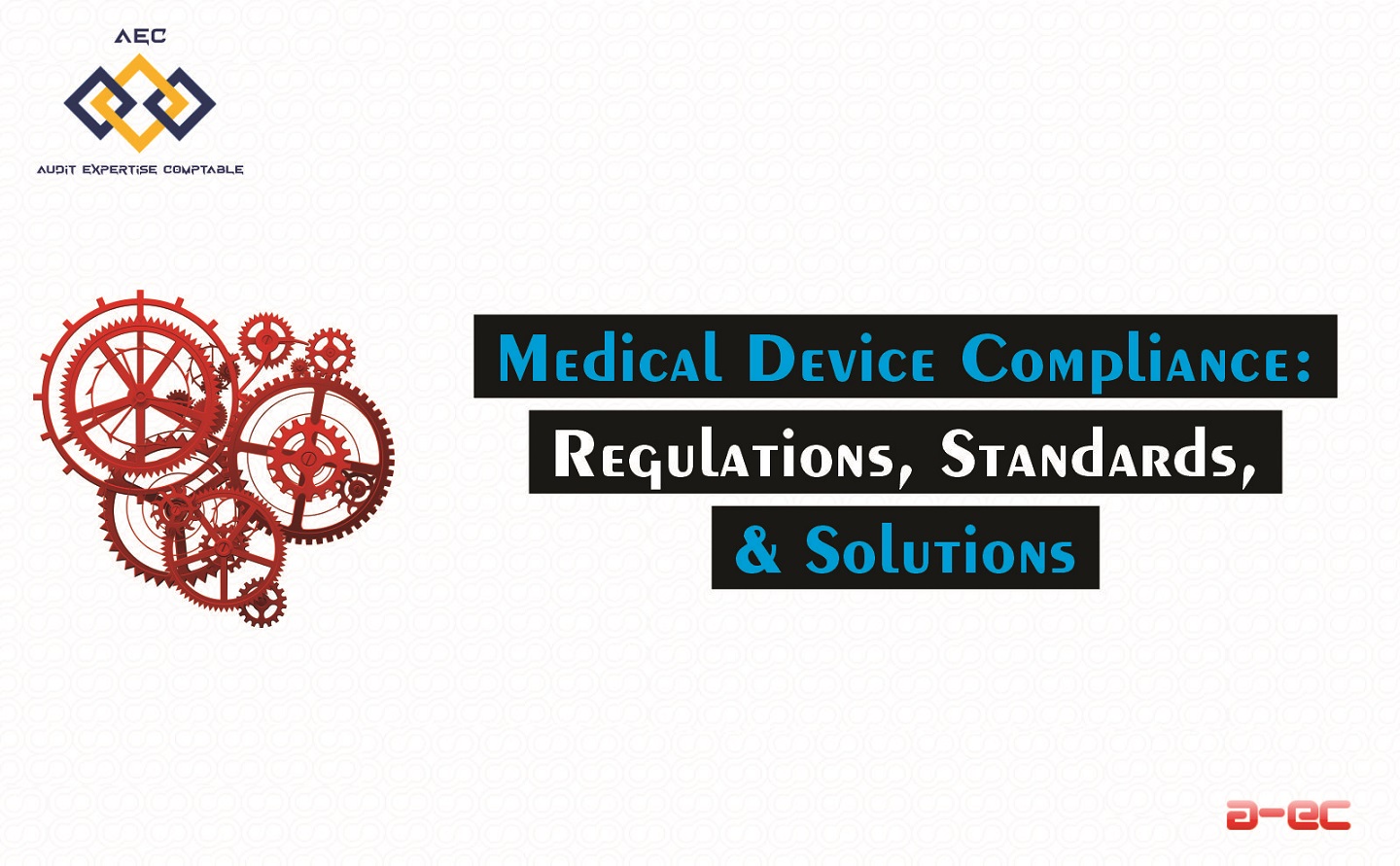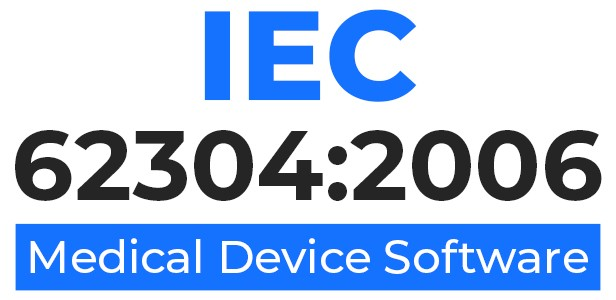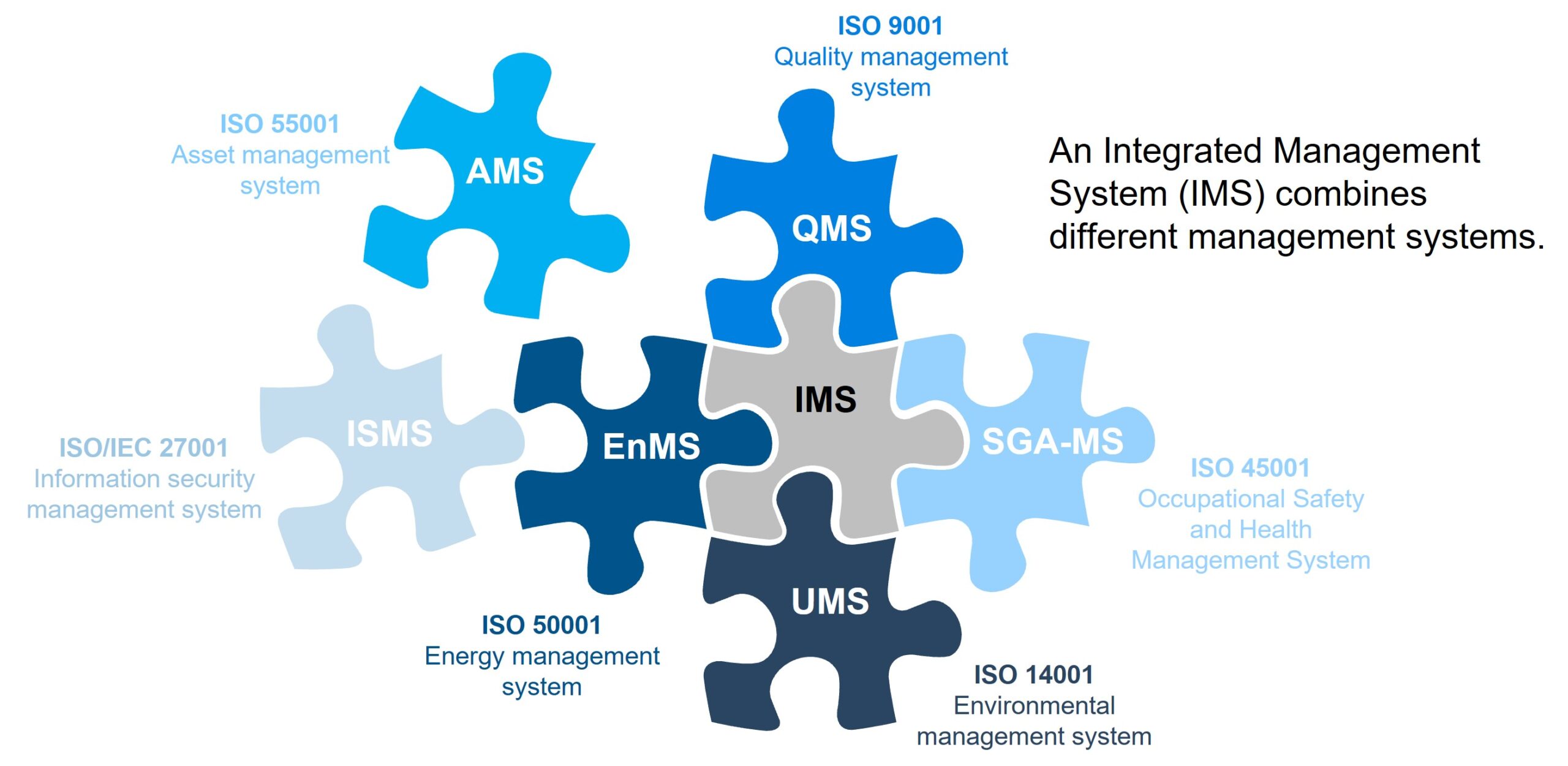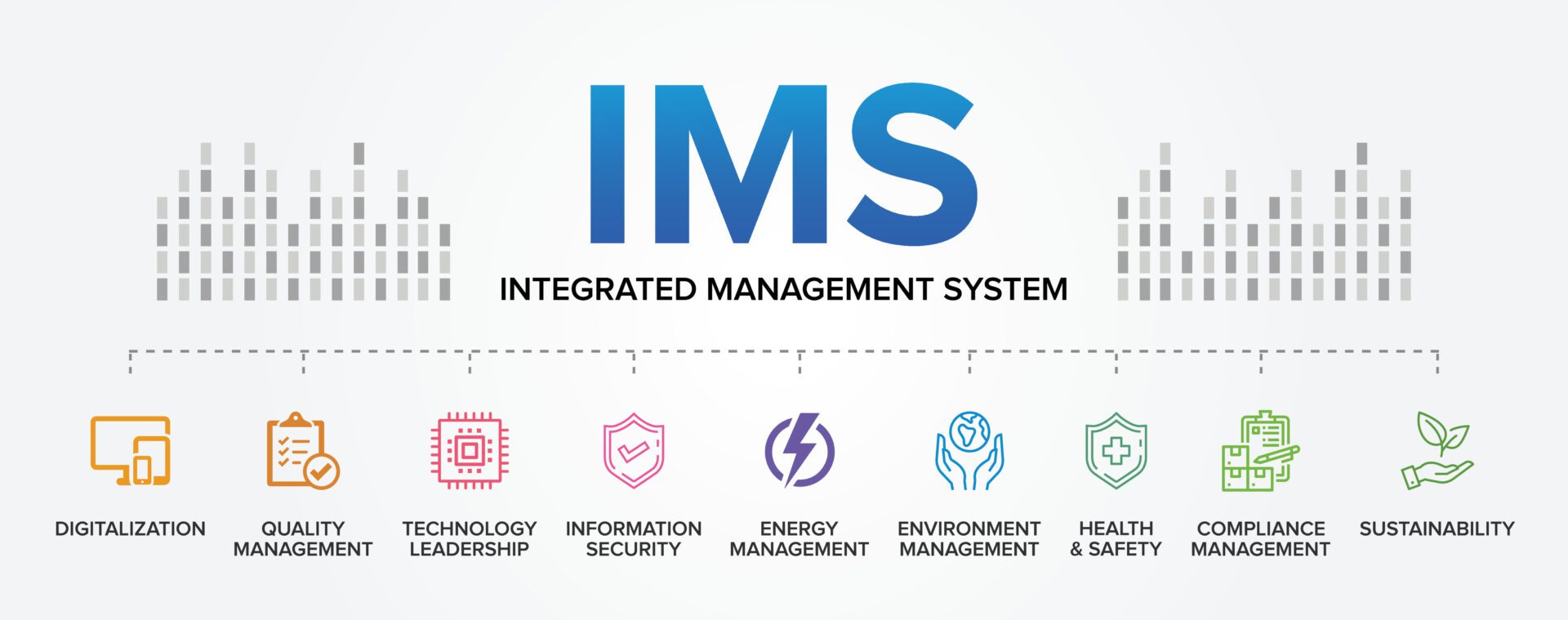Compliance with industry regulations and standards is a fundamental part of Medtech. Without proper medical device compliance, companies risk harming patients, litigation, and reputational damage.
Fortunately, compliance with medical device regulations and standards is not an impossible task. A company-wide emphasis on quality, along with the right tools for the job, can ensure that you stay compliant and produce the safest, most effective medical devices possible.
Here’s what you need to know about compliance in the MedTech industry:
What is medical device compliance
Medical device compliance refers to the way a company meets the requirements of all applicable regulations and standards. Medical device compliance should begin during design and development, and has to be maintained throughout the entire lifecycle of the device.
The cornerstone of every MedTech company’s compliance efforts is its quality management system (QMS). The QMS is a formalized system that documents the policies, procedures, documentation requirements, and processes that MedTech companies use to ensure their products are both safe and effective for the end-user. The QMS is also how companies demonstrate to regulatory agencies that their approach to quality management is in compliance with all applicable requirements.
What are some of the most important regulations and standards for MedTech companies?
Creating and maintaining a compliant QMS can seem overwhelming at first. But the regulations and international standards that exist aren’t there to make life difficult; they exist to give you a roadmap to compliance.
So, let’s look at some of the most common (and useful) regulations and standards you’ll need to know as you work to achieve compliance. (Keep in mind, these are some of the most widely applicable regulations and standards. If you’re interested in knowing what additional standards may apply to your specific device and market, check out our AEC Services.)
21 CFR Part 820
21 CFR Part 820 is the regulation that governs quality systems for medical device companies in the US. A quality management system is required for any medical device company in the US, even those with low-risk devices, and Part 820 provides the requirements you must meet to keep your QMS compliant in this region.
21 CFR Part 11
21 CFR Part 11 is the regulation that lays out the circumstances under which FDA will accept electronic records, electronic signatures, and handwritten signatures executed to electronic documents. Part 11 should be on every MedTech company’s radar because managing quality processes or clinical activities on paper is time-consuming and error-prone—but generic software like Excel is not Part 11-compliant. Any electronic solution you use for records or signatures should come validated to 21 CFR Part 11 to give you peace of mind that you’re compliant with the regulation.
EU MDR and EU IVDR
The EU Medical Device Regulation (EU MDR) is the European Union’s regulation governing the marketing of medical devices. EU MDR is extensive, taking a more granular approach to compliance than 21 CFR Part 820—keep this in mind if you are considering putting a device on the market in the EU. The EU In Vitro Diagnostics Regulation (EU IVDR) is MDR’s sister regulation, and while it is similar in structure and content to MDR, IVDR governs the marketing of in vitro diagnostics.
ISO 13485:2016
ISO 13485:2016 is the global standard for medical device quality management systems established by the International Organization for Standardization (ISO). ISO 13485:2016 is not a regulation. However, compliance with the standard is required for MedTech companies that want to market products in the EU. On top of that, FDA is currently in the process of harmonizing 21 CFR Part 820 with ISO 13485:2016 (the new QMSR). So, after February of 2026, all medical device companies marketing in the US will also need to comply with this standard.
ISO 14971:2019
ISO 14971:2019 is the global standard for the application of risk management to medical devices. The standard exists to help MedTech companies identify potential hazards, evaluate their associated risks, and control those risks. While ISO 14971:2019 is a standard, risk management is a regulatory requirement. Moreover, ISO 13485:2016 refers to ISO 14971:2019 directly, and it is expected that MedTech companies will take a risk-based approach to product development.
ISO 14155:2020
ISO 14155:2020 is an essential standard for MedTech companies that need to perform clinical investigations on their devices either to gain regulatory approval or drive market adoption. ISO 14155:2020 is the global standard for Good Clinical Practice (GCP) in clinical investigations of medical devices for human subjects. The principles it lays out are critical to protecting the safety and rights of patients, as well as collecting reliable, credible clinical data.
The three reasons every MedTech company needs to prioritize compliance
It’s worth taking a step back and considering why we have these regulations and standards in the first place—and why it’s essential that we follow them throughout the lifecycle of our devices.
1. Patient safety
The safety of patients and other end users is the single most important reason to prioritize medical device compliance. None of us want a loved one to use a device that was designed haphazardly or manufactured without appropriate controls in place.
I want to emphasize here that basic compliance with regulations will not guarantee a high-quality device. This is especially true when compliance is treated as a “check box” activity where the goal is to do the bare minimum to get to market. But by following the best practices for medical device design, development, manufacture, and post-market surveillance that have been codified by regulatory bodies, you stand a much better chance of producing a device that is both safe and effective for patients.
2. Regulatory approval
Of course, if you can’t get your device approved by regulatory agencies, then even a great device will never be able to help patients. Staying compliant with regulations and standards is also important if you want to get your device to market. This may sound obvious, but companies that receive warning letters often spend years attempting to fix the situation.
If your company doesn’t have the financial runway to spend years under a warning letter, then focusing on compliance should be a top priority. Remember, the costs associated with quality, like excellent QMS software, are worth the investment when compared to the costs associated with audit findings.
3. Economic viability
Again, while compliance is not necessarily an indicator of quality, it does require your business to perform certain activities and operate in a way that is far more likely to lead to high quality products.
Performing activities like design controls or risk management—or having processes in place for training, supplier management, CAPAs, and complaint handling—will help ensure you catch potential problems before they occur. That kind of visibility can also help you proactively identify issues that are occurring and fix them. A seemingly great device may not be as profitable as it could be if compliance is not a priority for the company.
When it comes to medical device compliance, look for an all-in-one solution
If you’re still feeling overwhelmed about the idea of complying with MedTech regulations and standards, there’s good news: you don’t have to do it on your own. In fact, AEC has been working with medical device companies just like yours for over a decade, helping them maintain compliance and stay audit-ready at all times.
AEC Quality was built specifically for MedTech companies, which means it comes pre-validated per the requirements of 21 CFR Part 820, Part 11, EU MDR, ISO 13485:2016, and ISO 14971:2019. You’ll also have access to more than 80 SOP templates and guidance from our in-house MedTech experts. In short, our QMS software gives you everything you need to become compliant and stay that way.





